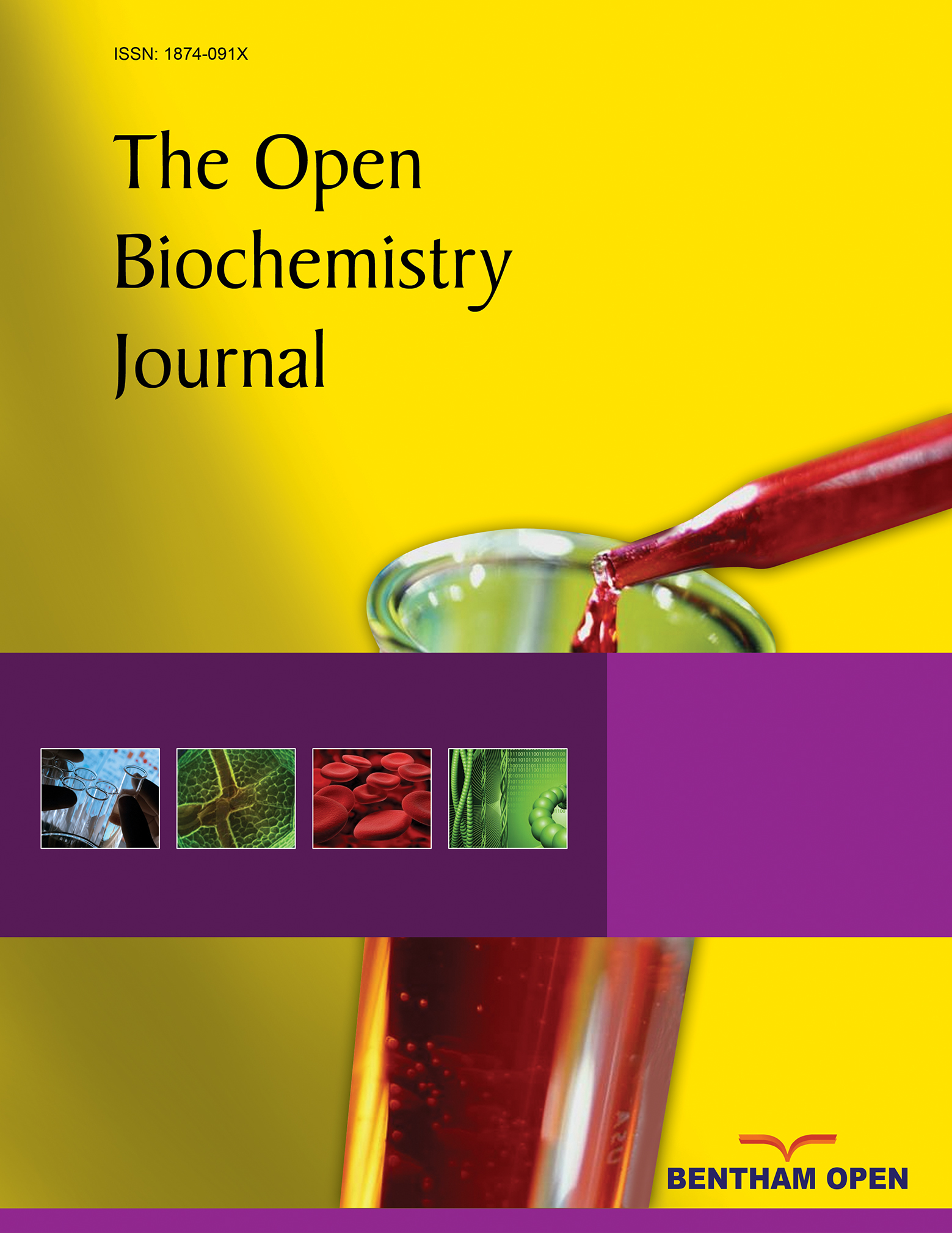All published articles of this journal are available on ScienceDirect.
Interrelation of Glycemic Status and Neuropsychiatric Disturbances in Farmers with Organophosphorus Pesticide Toxicity
Abstract
Background:
Diverse group of agro-chemicals are indiscriminately sprayed by the farmers for pest control to enhance crop yield. About 25 million agricultural workers in the developing world suffer from at least one episode of poisoning each year, mainly by anticholinesterase- like organophosphates (OPs).
Objective:
The present study was aimed to establish the OP toxicity in 187 occupationally exposed pesticide sprayers of mango plantation in rural Malihabad, Lucknow, in terms of neuro-cognitive impairment, mental health status, clinical symptoms, diabetes, and hematological factors.
Method:
The exposed group was compared to 187 pesticides-unexposed normal healthy persons engaged in normal usual agricultural work (age, sex and education corresponding to age group of selected subject group) from Rural Malihabad, Lucknow (India). Neuro-cognitive impairment was measured using the Subjective Neurocognition Inventory and mental health status using the General Health questionnaire-28. The subjects were also tested for biochemical and enzymatic parameters.
Results:
The exposed farmers showed alterations in enzymatic and clinical parameters. While the rates of anxiety / insomnia and severe depression were also significantly higher in the pesticide sprayers, disorders affecting psychomotor speed, selective attention, divided attention, verbal memory, nonverbal memory, prospective memory, spatial functioning, and initiative/energy were all lower in the sprayers. Pesticide sprayers showed a number of clinical symptoms like eczema, saliva secretion, fatigue, headache, sweating, abdominal pain, nausea, superior distal muscle weakness, inferior distal muscle weakness, hand tingling and etc. which all significantly correlated with the number of working years.
Conclusion:
These findings suggested that farmers who work with OPs are prone to neuro-psychological disorders and diabetes.


